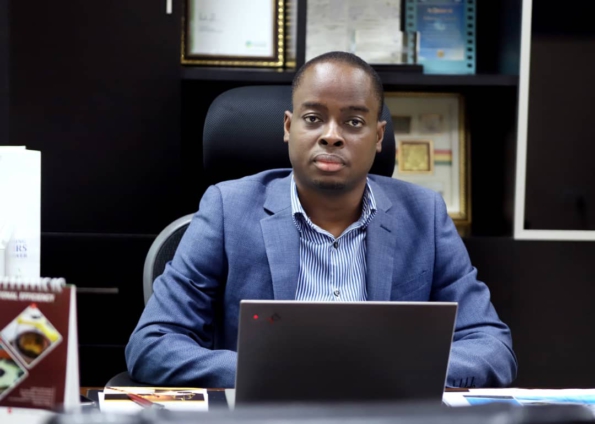The Executive Secretary of the Public Utilities Regulatory Commission, Dr. Ishmael Ackah, says the Commission had taken Ghana’s current economic situation into consideration when coming up with new utility tariffs.
According to him, this was to ensure that consumers were not overly burdened by the increment and the utility companies had enough to operate on.
It will be recalled that the Electricity Company of Ghana and the Ghana Water Company Limited had earlier demanded a 148% and 334% increment in tariffs, however, following consultations with the PURC the figures were reduced to 27.15% and 21.55% respectively.
The PURC says the agreed percentages, even though it is a lot less than the utility companies expected, will be enough to sustain the companies’ operations while minimizing the burden on consumers.
Speaking on JoyNews’ PM Express, the PURC Executive Secretary said, “When you look at this decision, three main factors were considered. In fact, the effect of all these variables, everything and even this decision on the consumer was the first one.
“The utility related factors which was the second one, then the general macroeconomic conditions, exchange rate, inflation was the third one. So we placed all these three variables on a table and we decided to see how we can minimize the impact on the consumer without also negatively affecting the utilities’ role to serve the consumer.
“So yes the utility should be able to serve but the consumer should not suffer too much. So we did a number of things again and when you come to the consumer's end, apart from all these breaking down, taking some out, reducing, zeroing and all that was to make sure that the impact of the tariff was not too much on the consumer.”
He added that the rather significant increment in the tariffs is due to the delay of the process.
“Again, we should also remember that the last time we did any adjustment was in 2019, so over time some of these factors have built up. In fact, people were a little surprised it had built up to this point so it was almost inevitable. We needed to make a decision,” he argued.
According to Dr. Ackah, this tariff will cover the next four years with periodic adjustments.
Latest Stories
-
Gold Fields Ghana Foundation challenges graduates to maximize benefits of community apprenticeship programme
20 mins -
GBC accuses Deputy Information Minister Sylvester Tetteh of demolishing its bungalow illegally
32 mins -
Boost for education as government commissions 80 projects
43 mins -
NAPO commissions library to honour Atta-Mills’ memory
54 mins -
OmniBSIC Bank champions health and wellness with thriving community walk
55 mins -
Kora Wearables unveils Neo: The Ultimate Smartwatch for Ghana’s tech-savvy and health-conscious users
60 mins -
NDC supports Dampare’s ‘no guns at polling stations’ directive
1 hour -
Police officer interdicted after video of assault goes viral
1 hour -
KNUST’s Prof. Reginald Annan named first African recipient of World Cancer Research Fund
1 hour -
George Twum-Barimah-Adu pledges inclusive cabinet with Minority and Majority leaders
2 hours -
Labourer jailed 5 years for inflicting cutlass wounds on businessman
2 hours -
Parliament urged to fast-track passage of Road Traffic Amendment Bill
2 hours -
Mr Daniel Kofi Asante aka Electrician
2 hours -
Minerals Commission, Solidaridad unveils forum to tackle child labour in mining sector
2 hours -
Election 2024: Engagement with security services productive – NDC
2 hours

